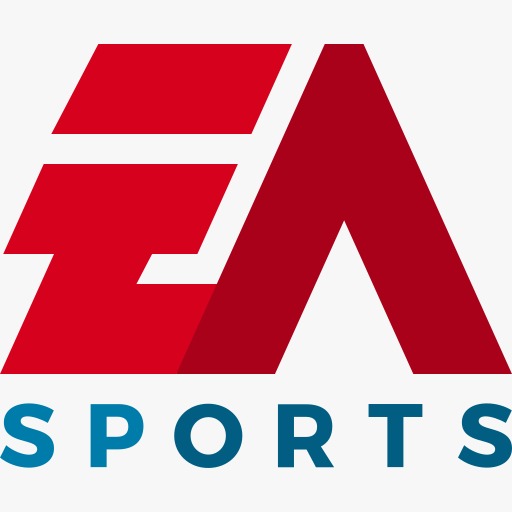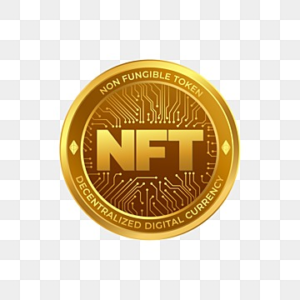Video games are the hot ice cake in the current sporting ecosystem and it is expanding its wings across different domains- players, developers, events ,talent pool and the industry is still in landing stage has generated huge eyeballs and the moment it will take off at extreme pace it will surpass all other industries and countries like US, China, Japan, India and UK will become global destination for ardent gamers.
Time is fickle who would have thought during pre pandemic era that Esports Industry will offer jobs to ardent gamers but post pandemic the way video gaming is perceived now in all parts of the world is huge.
Any Industry have their ups and downs it is important to look at the positive side but at the same side ignoring challenges in the ecosystem is not good for any industry to flourish.
The Israeli girl Maya Rand offered solution about the challenges in the video gaming ecosystem but before offering solutions it is important to talk about the problems it faces in the current scenario. Let us stress those reasons in detail.
Video gaming industry is full of niches and every game is different than the other so same set of expertise can’t work in all type of games.
There is a huge biases in the video gaming ecosystem which doesn’t provide equal opportunity to women and minorities. The other biggest problem in video gaming industry is job uncertainty as most of the jobs provided to gamers are based on particular project once the project is finished the job is gone.
Now. let’s jump into more about Maya Rand, an Israeli girl where she works currently and what solution she offered to eradicate the problems in the video gaming industry.
When she came to United States in the year 2005 to study business administration in MIT, she never had this intention in mind to stay there for next 15 years but she landed a job in Electronic Sports in the year 2007.
She worked hard and moved up the ladder in Electronic Sports as she became strategic director and then COO and also she played an important role in launching games like Battlefield 3 and Battlefield 4.
She went on to work for a startup company in the year 2015, as head of development and collaboration at Beepi and in 2017, she was appointed as deputy CEO of startup Play which is based on providing content to Children.
Later she founded her own gaming company called XPlace which is based on the concept of connecting and bridging the gap between Independent video game developers to companies in the field.
Rand also talked about the challenges in the video gaming ecosystem one such is lack of human resources and in order to solve this she said “One of the biggest video game companies in the world told me that in all of 2020 they managed to hire less than 10 game developers”.
“People are usually hired for projects, sometimes a company can employ talented developers and designers and when the project is done [ties are cut off], the situation is difficult for both the employees and the companies.”
She talked about her vision for XPlace and on how they would connect independent gamers to companies so that talented gamers can find the job.
“The system also knows how to automatically find the projects in which the profile poster’s name appears as a credit,” Rand says, and that way people can see what their potential workers have already done in the past”.
“The video game industry is built on trust, and the other platforms have a problem that way. You don’t know whether the person you’re dealing with is a real person, and whether what they say about themselves reflects reality. We verify with the person as well as the content they present on their profile.”
Rand says the employers also undergo a process of verification. “An employer who opens a profile with us undergoes a process that ensures that they are reliable. We also make sure they’re offering a fair fee and we ask for feedback later from the people who worked with them. That way we try to solve a problem that preoccupies many creators – they are often hired for projects without financial backing and they aren’t fairly paid.”
“such as copyrights for various uses of the products, or unique payment conditions such as payment before delivery. For example, a music producer for games will often receive payment per minute of music they produce, or payment on the basis of a percentage of the project according to its success,” Rand explains.
On making the video gaming platform free of gender bias she concluded by stating that our feature allows employers to conceal details of a profile that could create a bias.
“The feature we built makes it possible to neutralize unconscious biases,” she says. “When it operates, it conceals the gender, photo and other details that might create a preference that has nothing to do with the applicant’s abilities so the choice of applicant remains professional.









